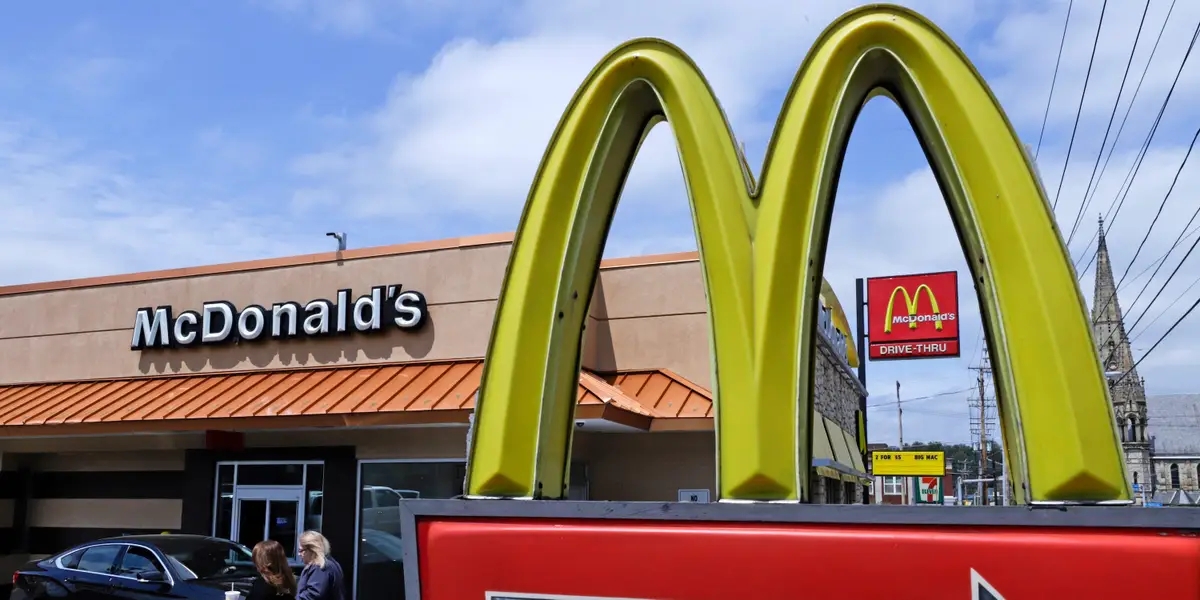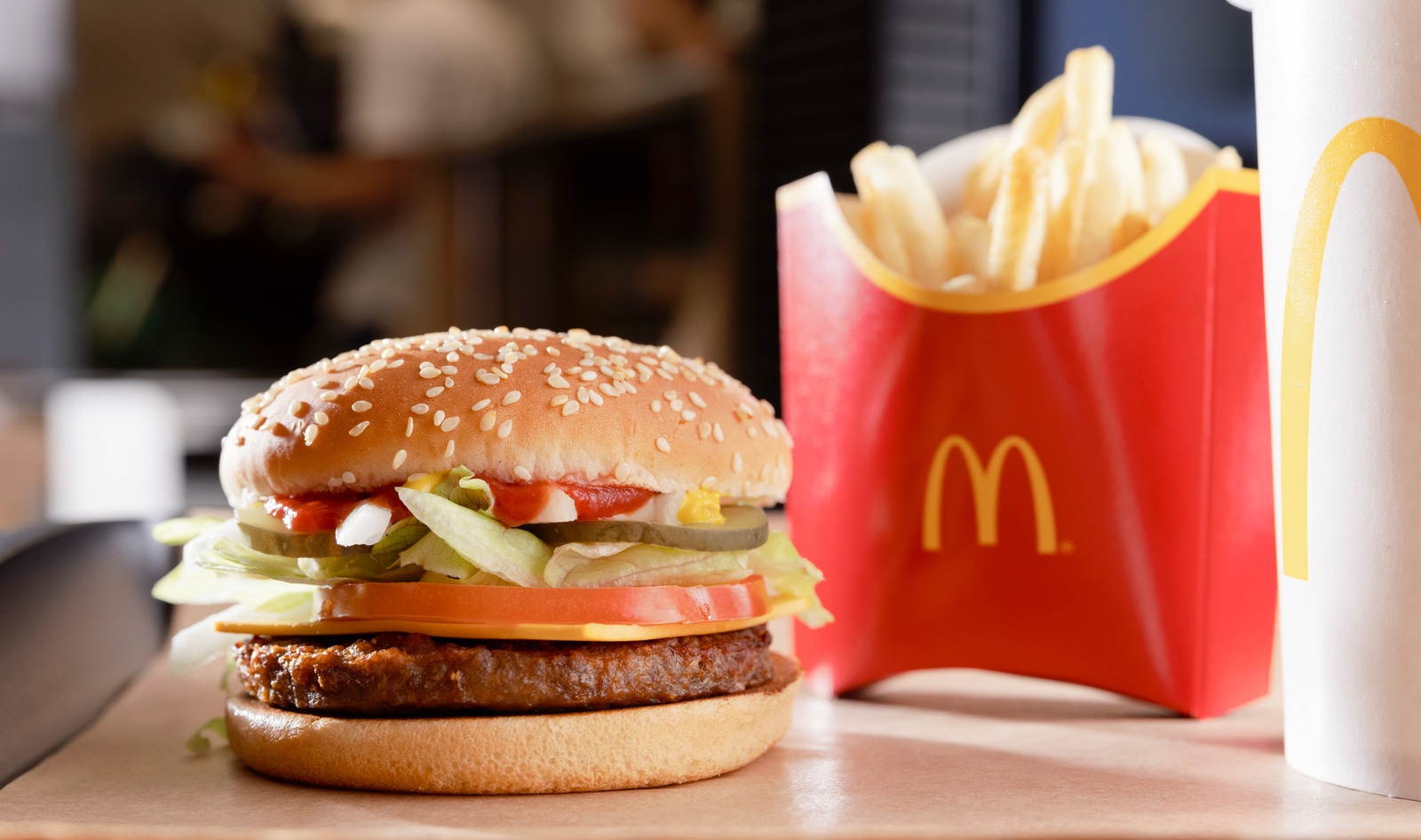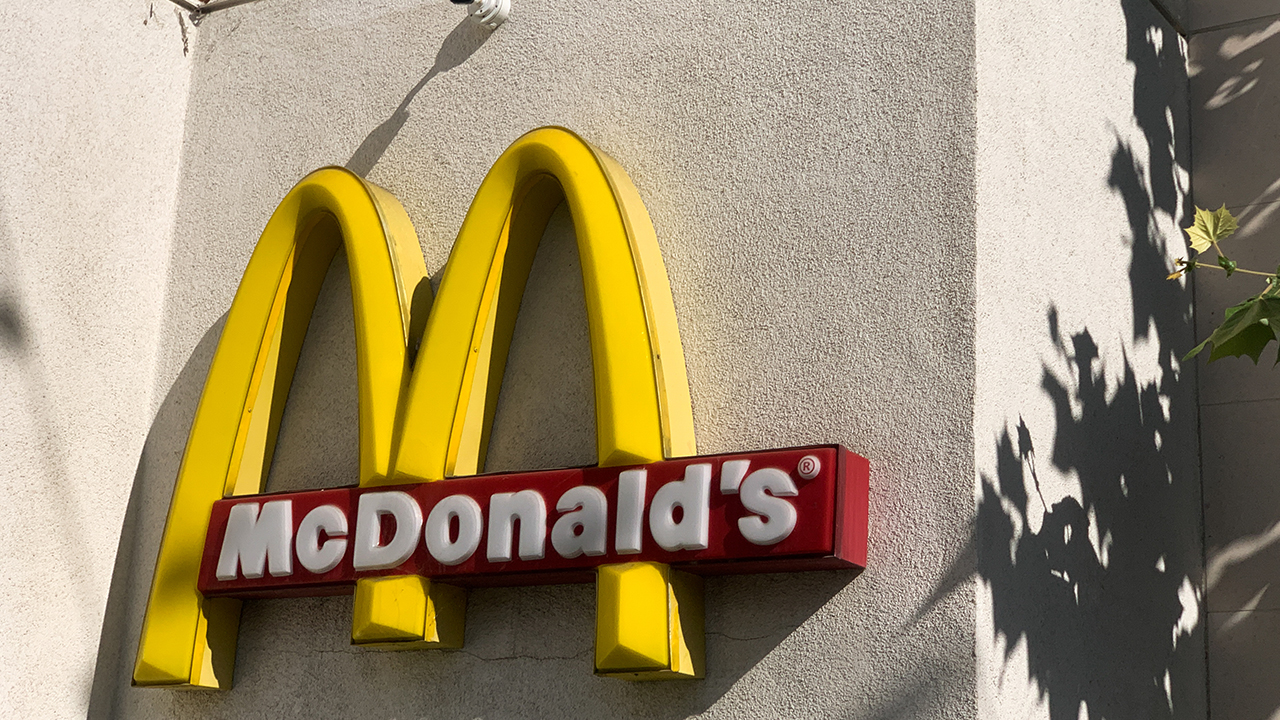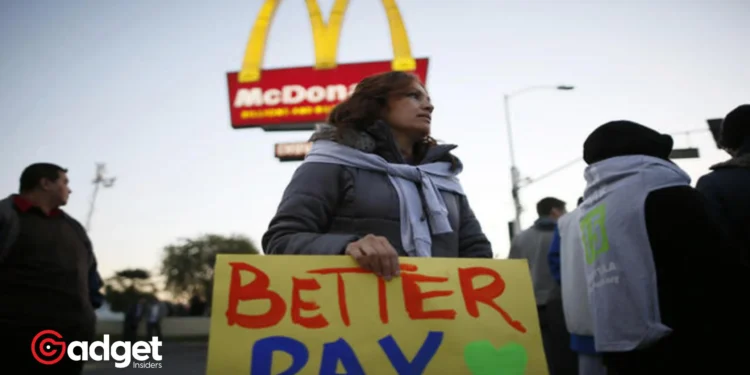In the wake of California’s new minimum wage legislation, which elevates the hourly rate for fast-food workers to $20, business owners like McDonald’s franchisee Scott Rodrick are confronting unprecedented challenges. The law, targeting chains with at least 60 locations nationally, aims to alleviate the financial strain on approximately half a million workers in the state. However, this well-intended measure is stirring concerns among restaurant operators over its potential impact on operational costs and pricing strategies.
“The last 12 days since this unprecedented law impacted franchisees in California has literally been a whirlwind, frankly it feels like an eternity,”
highlighting the immediate pressure felt by business owners.

Navigating Through Economic Tensions: The Pricing Dilemma
Rodrick’s primary concern revolves around the balancing act of adjusting menu prices without alienating customers. He remarked on the limitations of consumer tolerance for price hikes, stating,
“I realized that my customers’ appetite for higher prices is not unlimited. So when I take price to relieve margin pressure, it has to be done thoughtfully with a plan. Charging $10 for an Egg McMuffin or $20 for a Big Mac, for me, is a nonstarter.”
This predicament isn’t isolated to Rodrick’s establishments. Across America, even before the wage increase, there was a noticeable uptick in fast food prices. A social media post last summer captured a Big Mac meal priced at $17.59 at a Connecticut rest stop, prompting the user to comment, “These McDonald’s prices are nuts right?”

The Corporate Perspective on Affordability
The issue of pricing isn’t just a concern at the franchise level. McDonald’s CEO Chris Kempczinski addressed affordability during the company’s last earnings call, forecasting that 2024 would likely bring “more attention to what I would describe as affordability.” This statement suggests a broader, systemic challenge that extends beyond individual franchisees, touching the core of fast food’s value proposition: affordability.
Rodrick’s Multifaceted Strategy: Navigating Wage Increases in California
For Rodrick, the strategy to mitigate the impacts of the wage increase is multifaceted, involving price adjustments, reevaluation of capital expenditures, and optimization of labor efficiencies. His approach reflects a broader trend among business owners who are considering various methods to sustain their operations without compromising employment levels.
“Time and time again, research – and reality – show that raising fast-food workers’ pay in California will only lead to higher living standards for workers and a more equitable economy.”
According to researchers from UC Berkeley and the University of Victoria.
California McDonald’s franchisee says he's focused on ‘survival’ after new $20 minimum wage law https://t.co/UYJj1pfq9G
— Sue Sullivan (@Sue_Sullivan) April 19, 2024
The Human Factor: A Commitment to Workforce Stability
Amid these financial adjustments, Rodrick reaffirms his commitment to his staff, underscoring the human aspect of business decisions:
“There’s a lot of discussion on that subject on restaurants closing, restaurants laying people off. Frankly, in my organization, that’s the very last thing I’m looking at,”
he said, stressing the importance of his 800 employees.

Looking Ahead: Uncertain Times Call for Innovative Measures
While the thought of relocating his business has crossed his mind, Rodrick remains committed to navigating the current economic landscape in California. His story exemplifies the broader struggles within the fast-food industry—a sector traditionally seen as a bastion of affordability—now reevaluating its business models in response to legislative changes.
As this new minimum wage law unfolds, stakeholders from all corners of the industry will be watching closely, adapting strategies, and perhaps redefining the future of fast food in America. For now, as Rodrick succinctly puts it, the focus is on survival, but with a keen eye towards sustainable operation and equitable growth.










